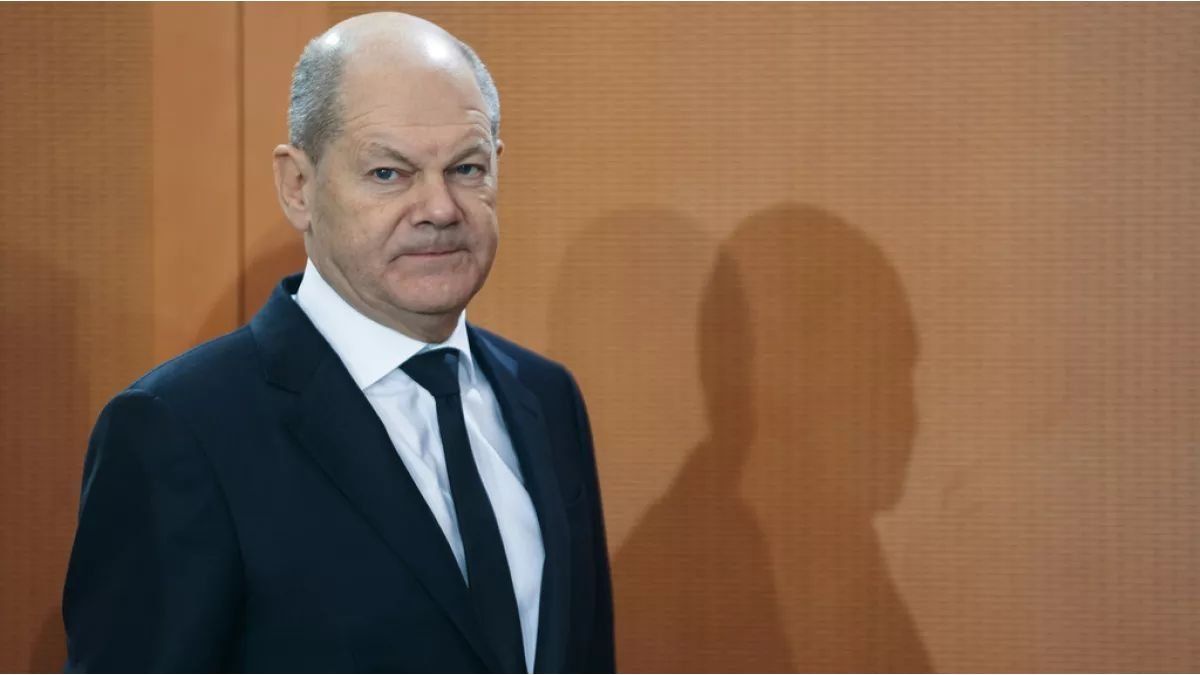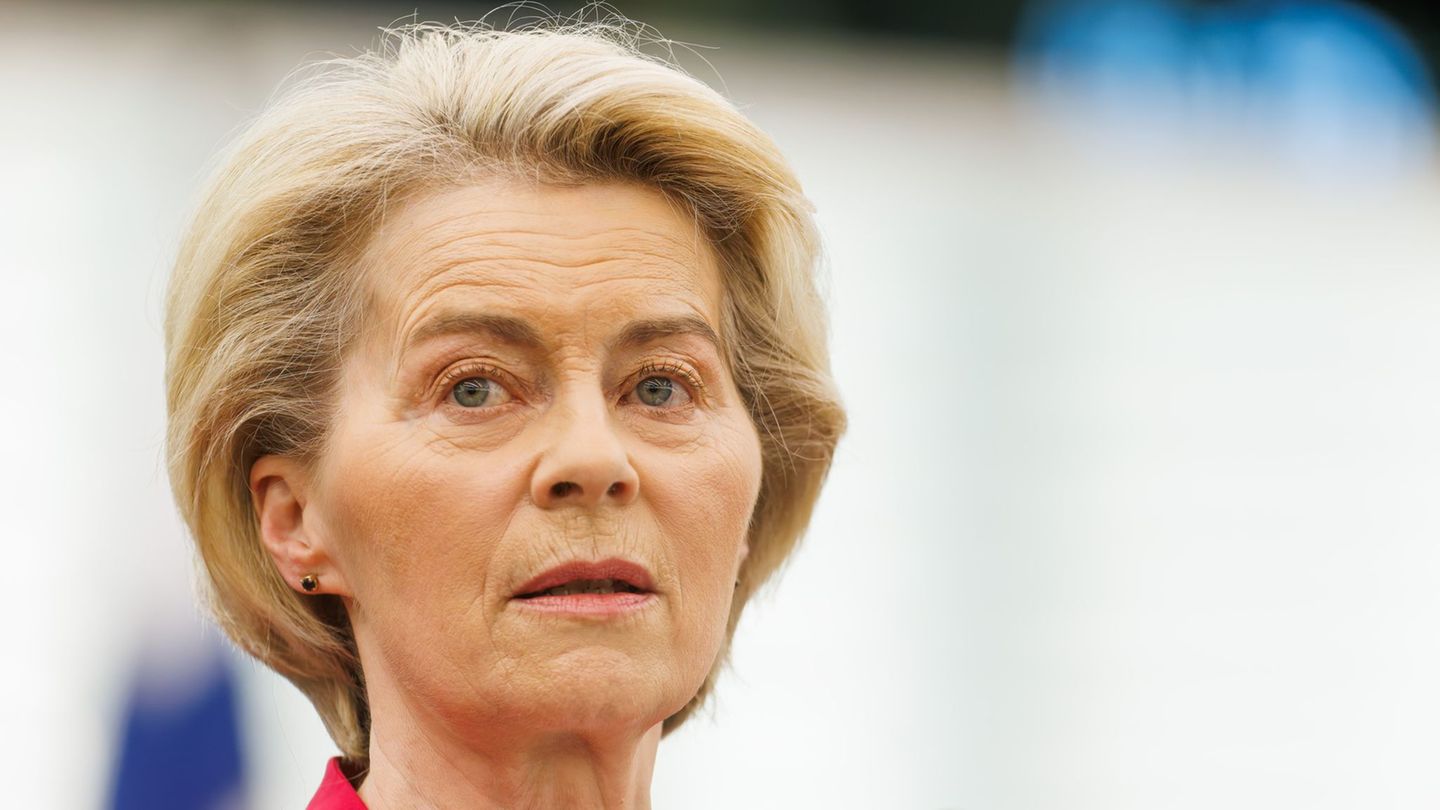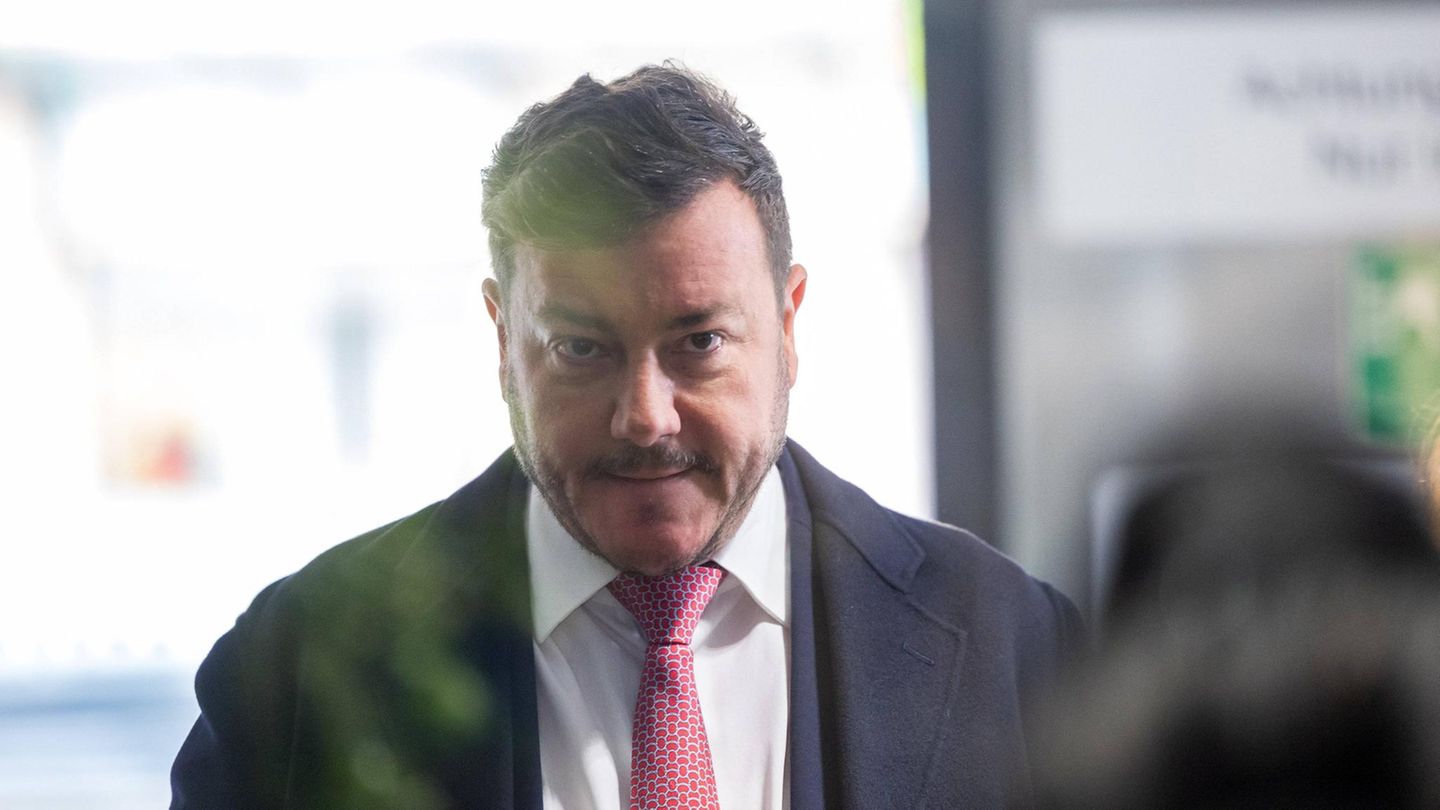This decision marks a shift in German politics, reflecting internal conflicts in the government coalition and national debates around the economy, security and migration.
German President Frank-Walter Steinmeier officially announced the dissolution of Parliament and called early elections for February 23after the political crisis that led to the fall of the government led by the social democrat Olaf Scholz. This decision marks a shift in German politics, reflecting internal conflicts in the government coalition and national debates around the economy, security and migration.
The content you want to access is exclusive to subscribers.
The breakdown of the ruling coalition occurred after insurmountable differences over how to revitalize the german economythe largest in the European Union, and the fatal attack at a Christmas market in Magdeburg, which revived tensions over immigration and security policies.


Scholz will continue as interim chancellor until a new government takes power, a process that could take several months.
Call for transparent elections and challenges for the next government
In his statement, Steinmeier stressed the importance of guaranteeing an electoral campaign based on respect and transparency. He expressed concern about possible foreign influences, especially through social networks such as X and TikTok, and called for avoiding the spread of hate, violence or misinformation, factors he considered “poison for democracy.” The European Union had already launched investigations into the use of these platforms to influence recent electoral processes.
In addition to political stability, the future government will face significant challenges such as economic recovery, managing the wars in Ukraine and the Middle East, and implementing policies on migration and climate change. The early call adds pressure on the parties to present solid proposals in a context of uncertainty and growing polarization.
Source: Ambito




